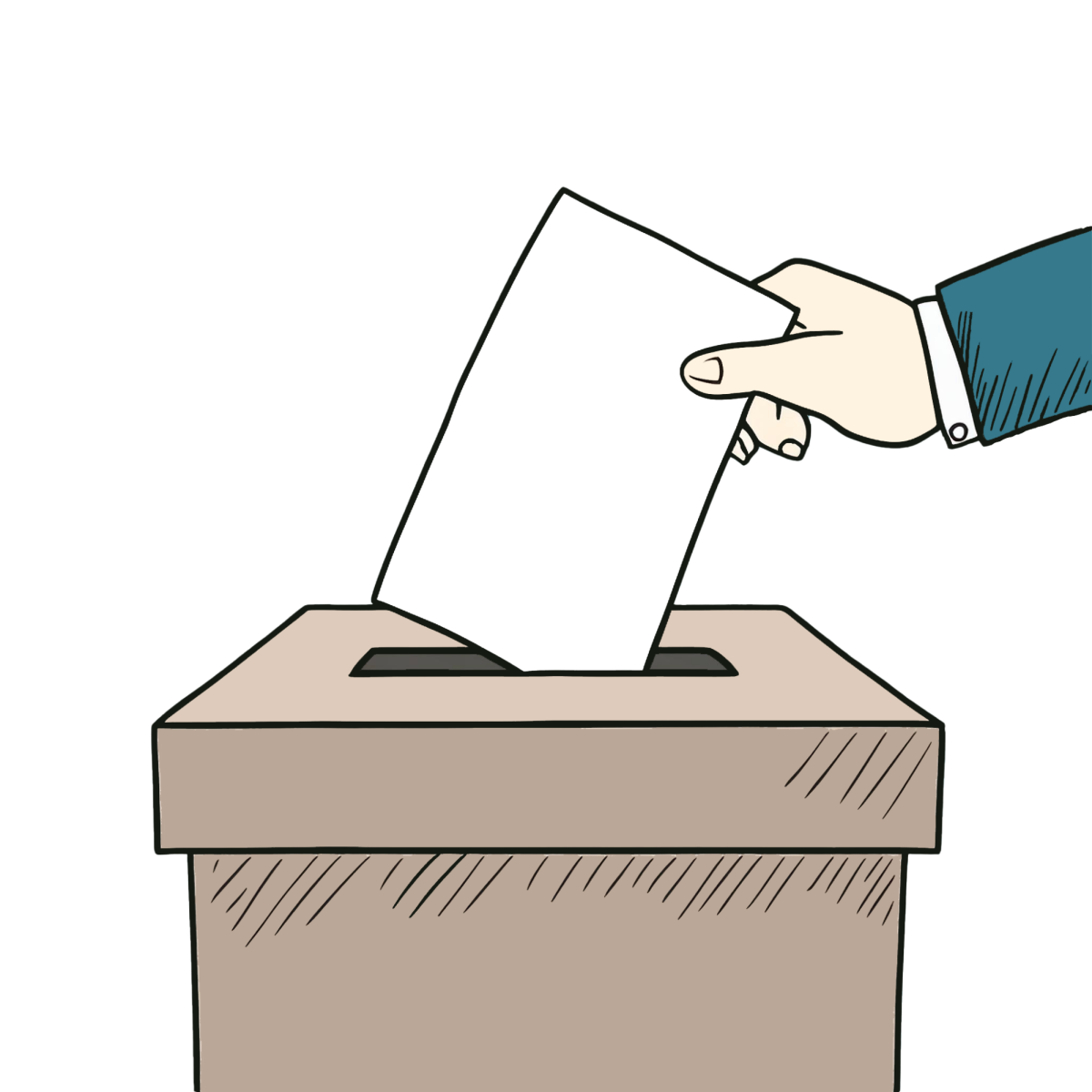Written by Katie Russell
Everyone should consider themselves feminists, and that statement should not be controversial. The definition of a feminist is someone who believes that men and women should be social, political and economic equals. This, at least to me, sounds reason- able enough, and the general public seems to agree; according to “The Huffington Post,” 82 percent of Americans believe men and women should be equal. However, only 20 percent of Americans consider themselves feminists. This discrepancy ultimately stems from a host of misconceptions about feminism and what it stands for, an issue that may only be combated by means of education and explanation.
The word “feminism” is often paired with the word “radical,” and tends to prompt eye-rolling and even outright displays of distaste. According to YouGov, 37 percent of Americans said that the word “feminist” has a negative connotation. A common criticism deals with semantics; if feminists fight for equal rights, opponents ask, then why not call it egal- itarianism? Why “feminism”? To paraphrase from author Chimamanda Ngozi Adichie’s “We Should All Be Feminists”: to avoid the word feminism is to exclude and ignore the struggles and oppression women have faced for centuries.
Rather than simplistically placing both genders on the same level, feminism aims to empower and enable women to claim the institutional and inter- personal power men already command. Sexism undeniably disadvantages women in their careers, their financial independence, their physical safety and more; circumstances are dreadfully worse in non-western nations. Feminism’s negative con- notation itself is proof that we are still far from realizing gender equality. A prevalent concern is the association with hate-mongering activists who also consider themselves feminists. As with any other social movement or group, extremists will demand attention, but those who call for the subjugation of men do not represent the vast majority of feminists. It is absurd to dismiss the ideas and beliefs of the whole simply because of a minority’s actions.
Similarly, an oft-cited misconception about feminism is that it somehow leaves men in the dust. According to “The Economist,” only 18 percent of American men consider themselves feminists. Regardless of whether the remaining majority are actively oppositional or apathetic, that shockingly low figure would certainly rise if misconceptions were corrected.
Contrary to popular belief, feminism benefits every gender. The field does not promote women or their rights over men; it strives for equality be- tween genders. In this quest, feminists advocate the destruction of social constructs like gender roles. Discrimination and self-consciousness on the basis of gender still permeates everything from the televi- sion we watch to the majors we choose to pursue in college. Stringent masculine and feminine gender roles constrict freedom and opportunities for abso- lutely everyone, no matter the gender.
Feminism is within everyone’s best interest, and there is no good reason not to call oneself a feminist. Misconceptions should be resolved through open discourse; those who already support feminism should patiently educate. If we believe that men and women deserve equality in every way—and I hope we all do—then we should all consider ourselves feminists.









